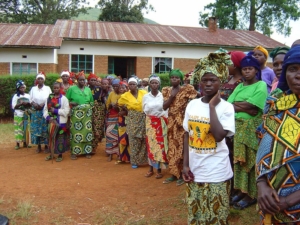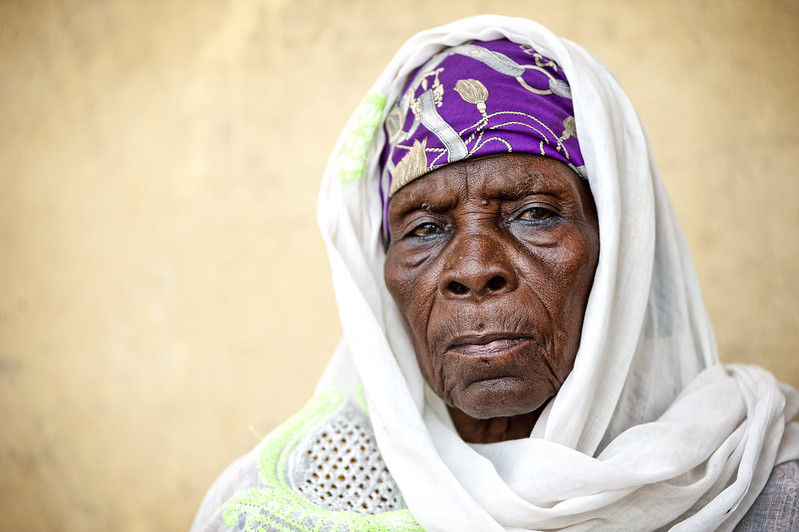 “Religion that God our Father accepts as pure and faultless is this: to look after orphans and widows in their distress and to keep oneself from being polluted by the world,” reads James 1:27. This Bible verse inspired Apostle Folorunso Alakija to found the Rose of Sharon Foundation (RoSF). Motivated by faith, Alakija launched the foundation to alleviate the hardships faced by widows, their children and orphans in Nigeria.
“Religion that God our Father accepts as pure and faultless is this: to look after orphans and widows in their distress and to keep oneself from being polluted by the world,” reads James 1:27. This Bible verse inspired Apostle Folorunso Alakija to found the Rose of Sharon Foundation (RoSF). Motivated by faith, Alakija launched the foundation to alleviate the hardships faced by widows, their children and orphans in Nigeria.
The Reality Facing Widows and Orphans
More than 15 million widows, about 21 million children and 17.5 million orphans live in Nigeria. Many in these groups face poverty due to economic hardship, a lack of resources and harmful cultural practices. Gender-based violence (GBV) compounds the difficulties. Around 30% of Nigerian women and girls experience physical, emotional or sexual abuse. Many survivors of GBV—about 55%—do not seek any support to end the violence. Cultural practices, such as widowhood rites, continue to restrict women’s advancement socially, economically and politically.
Folorunso Alakija
Alakija is a Nigerian businesswoman, philanthropist and one of Africa’s highly prominent entrepreneurs. Her endeavors in business cover the real estate, oil exploration and printing industries. Dipping into many hats, she was also a fashion designer and made the “Rose of Sharon House of Fashion” a household name in Nigeria. In collaboration with her husband, they founded the Rose of Sharon Glorious Ministry International and the next step was to tend directly to widows and children.
RoSF Programs Driving Change
RoSF uses baseline data collection, capacity-strengthening programs, advocacy and community engagement to understand and address the needs of widows and children. In partnership with local governments and international NGOs, the foundation has helped more than 900 widows access microcredit schemes and interest-free loans to expand their businesses. More than 340 graduates have also benefited from RoSF’s programs. Mentorship and educational initiatives have had a life-changing impact. Agbayi Agu, a widow from Lagos, said, “[RoSF] has been a second God to my life… they are the ones who changed my mentality in a time of despair, that I can still forge ahead.”
The Importance of Legislative Protection
Legislation plays a key role in protecting women and promoting equality. Yet, as of 2023, women account for only 3.6% of Nigeria’s House of Representatives and 7.3% of the Senate, far below the global average of 27%. The Violence Against Persons Prohibition (VAPP) Act, passed in 2015, was a landmark achievement. RoSF and other NGOs championed the law, which protects widows from violence, discrimination and harmful practices. Before VAPP, widows endured cruel rites, such as sleeping beside a husband’s corpse to prove innocence, being confined indoors, or undergoing forced head shaving. The Act introduced punishments for perpetrators and offered legal protections for victims and their families.
Threats to Progress and Continued Advocacy
Although the VAPP Act was passed at the federal level, it took nearly 10 years for 35 out of 36 states to domesticate and enforce it. In 2024, Senator Jibrin Isah of Kogi East proposed repealing the VAPP Act, citing “legislative errors” and claiming the law lacked comprehensiveness. In response, RoSF and partners like the Malala Fund and Invictus Africa are working to defend the VAPP Act. Bukky Shonibare, Executive Director of Invictus Africa, advocates for amendments and stricter enforcement, rather than repeal.
Building Toward a Brighter Future
Since its founding, RoSF has grown from serving three widows to reaching nearly 1,000 widows directly, empowering more than 4,200 women overall. Indeed, through vocational training, scholarships and economic support, the foundation is creating opportunities for widows to rebuild their lives. Future goals include expanding NGO partnerships, reducing reliance on self-funding, strengthening social protection laws and rallying policymakers to support widows and orphans in Nigeria.
– Rachael Wexler
Rachael is based in Chicago, IL, USA and focuses on Good News and Global Health for The Borgen Project.
Photo: Flickr
 In 2023, about
In 2023, about 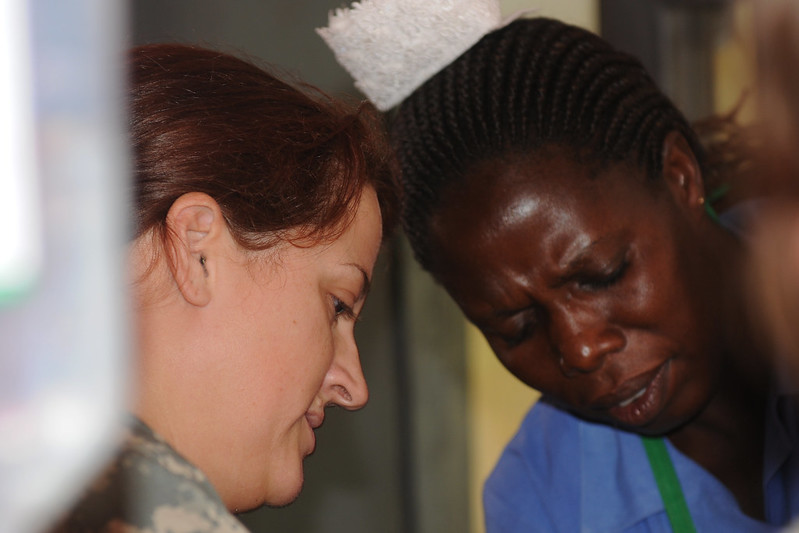
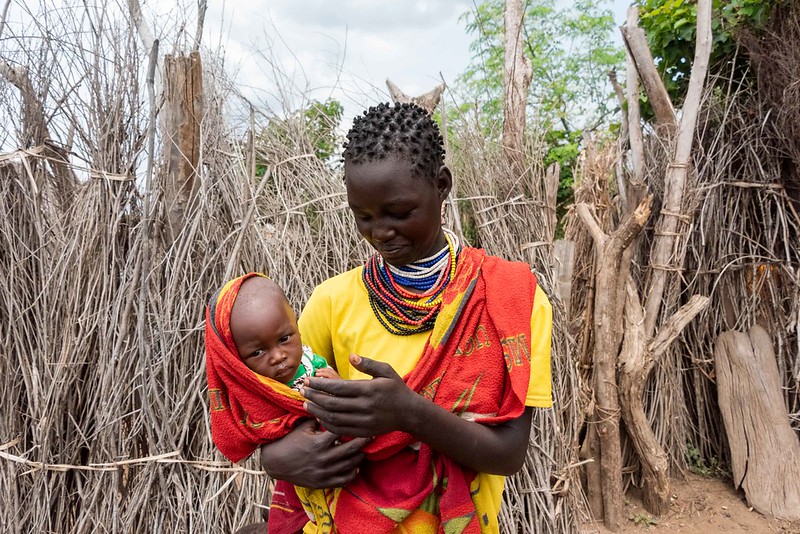
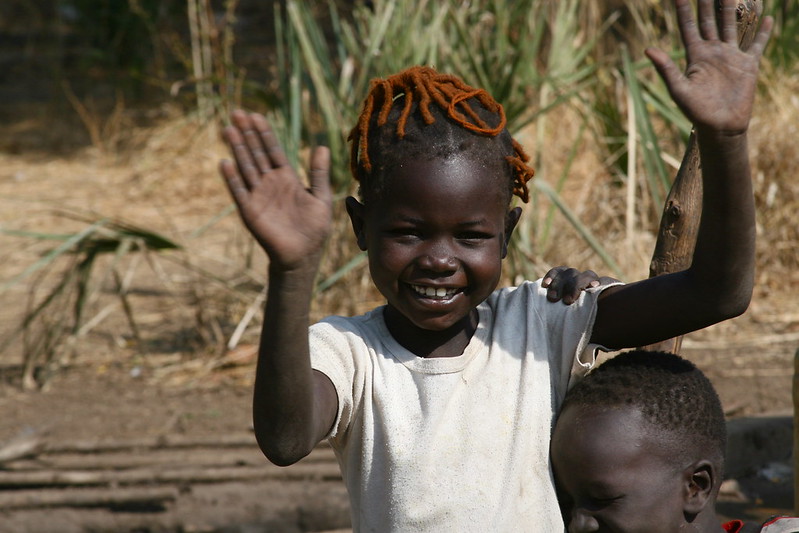 Severe conflict in Sudan, erupting in 2023, has displaced millions of Sudanese in the past year.
Severe conflict in Sudan, erupting in 2023, has displaced millions of Sudanese in the past year.
 Founded in 1991, the Committee on the Rights of the Child oversees the implementation of the
Founded in 1991, the Committee on the Rights of the Child oversees the implementation of the 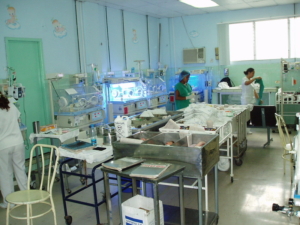 In the Amazonian regions of
In the Amazonian regions of 